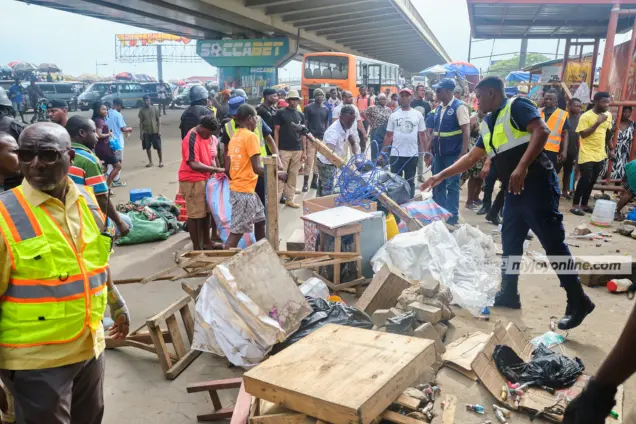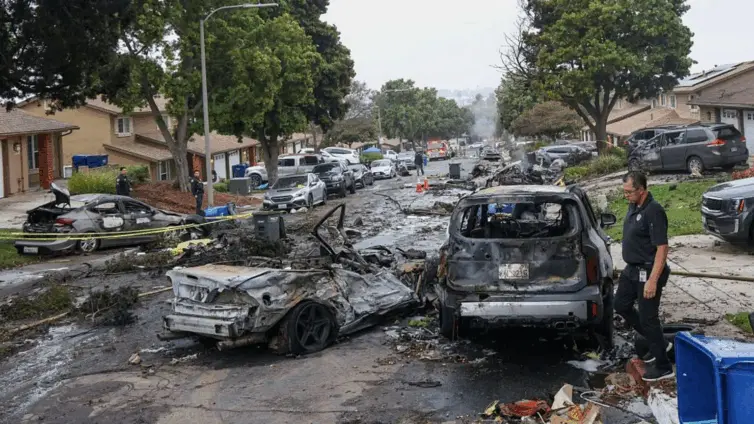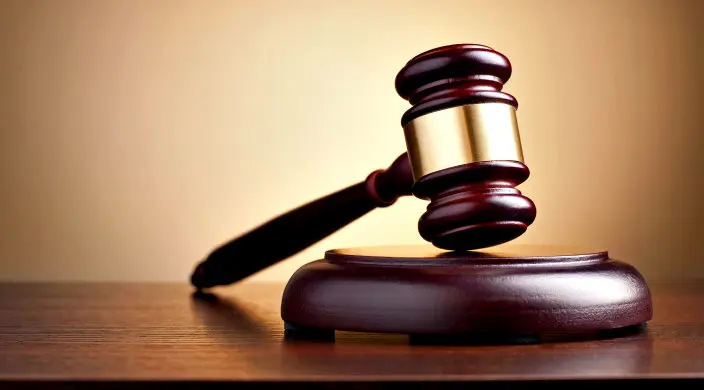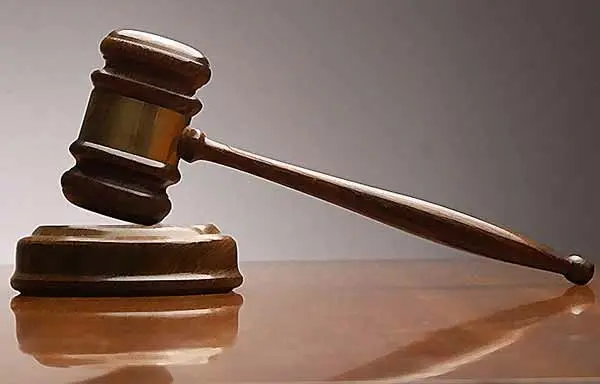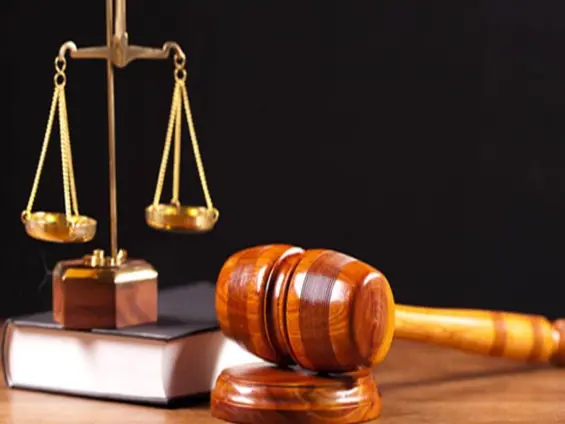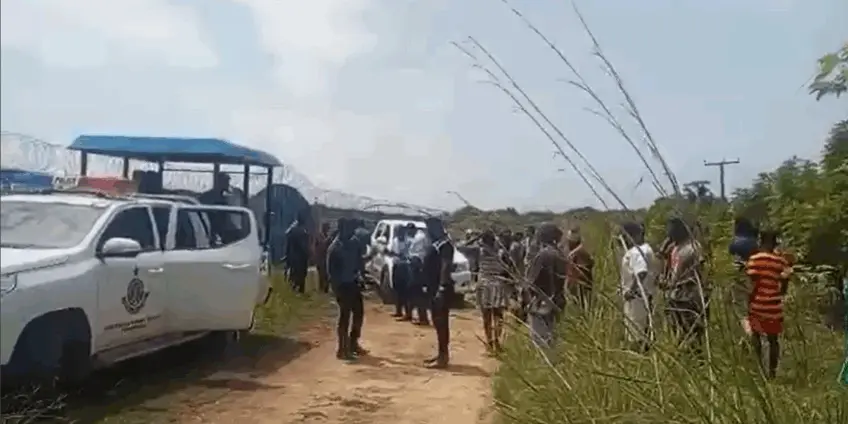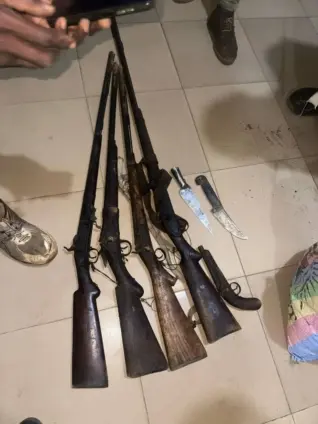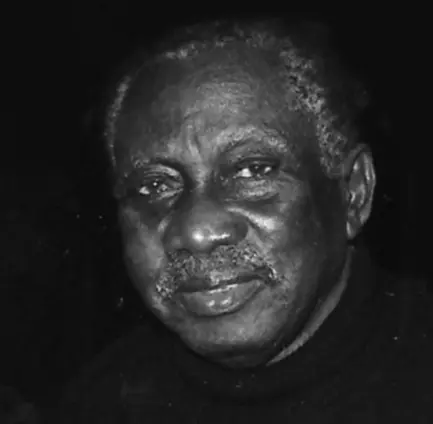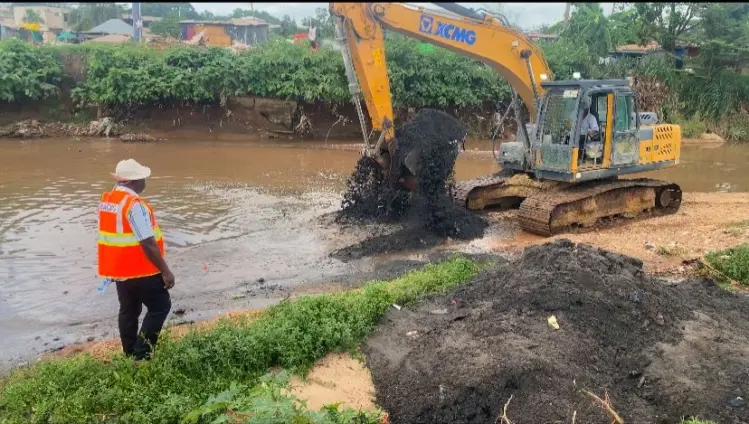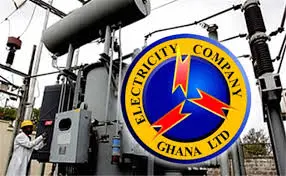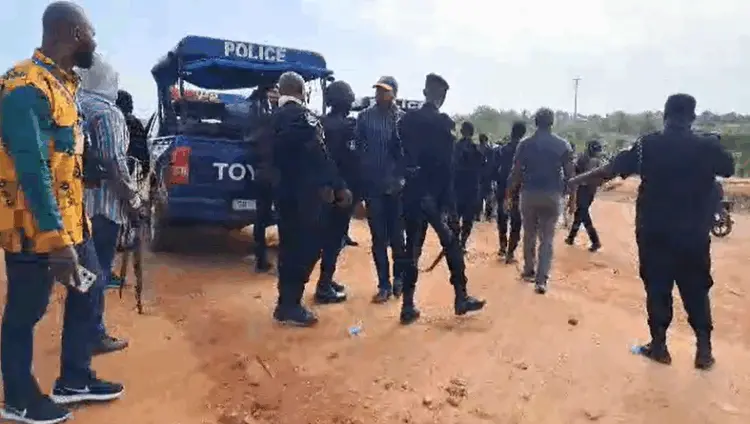The sprawling metropolis of Accra, Ghana, a city teeming with life and commerce, has long grappled with the challenges of urban congestion. From the bustling markets of Makola to the traffic-choked streets of Circle, the pressures on the city’s infrastructure are palpable. In response, the Accra Metropolitan Assembly (AMA) has embarked on an ambitious and ongoing effort to decongest the city, aiming to improve sanitation, public safety, and the overall quality of life for its residents. Recent actions by the AMA, supported by National Security and the Police, have brought these challenges into sharp focus, particularly with the demolition of illegal structures in the Circle Neoplan area and the unsettling discovery of an illicit enclave known as “Lucifer Village.” These actions highlight the complexities of urban development and the AMA’s commitment to restoring order amidst the chaos.
This article delves into the details of the AMA’s recent operation, spotlighting the demolition of illegal structures and the implications of uncovering “Lucifer Village.” It examines the challenges faced by the AMA and underscores its determination to create a more organized, sanitary, and secure urban environment for the people of Accra. The success of the Accra Decongestion Exercise hinges not only on enforcement but also on addressing the underlying issues that contribute to urban sprawl and informal settlements.
The AMA’s decongestion exercise in Circle, specifically targeting the Neoplan area, entered its second day on Wednesday, May 21st, marking a sustained effort to restore order. The primary objective of the Accra Decongestion Exercise is to remove unauthorized structures, displace street vendors operating without permits, and enforce stricter sanitation and traffic regulations. The sheer volume of informal businesses and makeshift dwellings in this area has contributed significantly to the congestion, making it a focal point for the AMA’s efforts. The operation is led by the Accra Metropolitan Assembly (AMA) and receives crucial support from officers of the National Security and the Ghana Police Service, highlighting the seriousness with which the authorities are addressing the issue.
The most startling revelation during the AMA’s operation was the discovery of an illegal enclave near Las Palmas, which had become informally known as “Lucifer Village.” This area, built precariously over a large drainage gutter, consisted of makeshift brothels, bars, and food joints, all operating without legal sanction. The existence of “Lucifer Village” underscores the extent of unregulated construction and activity occurring in certain parts of Accra.
Officials assessed the site as “a stark example of the lawlessness fueling congestion and health hazards in parts of the capital.” The informal settlement not only contributes to the ongoing congestion issues but also poses significant risks to public health and safety due to its unsanitary conditions and lack of proper infrastructure. The discovery highlights the severity of illegal construction and its wide-ranging impacts on the city.
The AMA has expressed a firm commitment to “restoring the area to a safe and hygienic condition.” This involves not only demolishing the illegal structures but also implementing long-term solutions to prevent their re-emergence. The Accra Decongestion Exercise is part of a broader, sustained campaign to reduce congestion, improve sanitation, and reclaim public spaces across Accra. The assembly recognizes that simply removing the structures is not enough; a comprehensive strategy is needed to address the root causes of the problem and ensure lasting change.
Despite the AMA’s efforts, challenges remain. Even after the initial decongestion exercise, some traders have been observed returning to the streets, highlighting the difficulty in maintaining order and preventing the return of unauthorized activities. This underscores the need for continuous monitoring and enforcement to ensure that the gains made are not lost.
Looking ahead, the AMA plans to continue enforcing regulations while also exploring more sustainable solutions for street vendors and other informal workers. This includes engaging with communities to promote compliance and raise awareness about the importance of maintaining a clean and orderly urban environment. The success of the Accra Decongestion Exercise ultimately depends on the cooperation and participation of all stakeholders, from government agencies to local residents.
The AMA’s recent decongestion exercise, marked by the demolition of illegal structures and the shocking discovery of “Lucifer Village,” highlights both the challenges and the determination in Accra’s ongoing quest for urban order. The commitment to improving sanitation and public safety remains steadfast, but the road ahead requires sustained effort, innovative solutions, and the collective will of the community. Only through such concerted action can Accra truly overcome the pressures of congestion and create a more livable and prosperous city for all its residents.
Image Source: MYJOYONLINE

